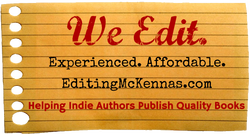
Before the Revolution
As conventional wisdom went, it was not necessarily wrong in its framework: Life Before the Revolution. A good agent—one with his finger on the pulse of New York publishing—knew which editors were most likely to be interested in what he was flogging, whereas a writer might flounder around throwing darts at Writer’s Market and waste considerable time in what was already a glacially slow process. If your agent knew his business, he had regular meetings with editors, and could promote you and your book to them directly. Furthermore, agents negotiated publishing contracts, something most writers knew little about. The downside of that was that your agent represented many writers, and had necessarily to balance your needs against the needs of his agency as a whole. This was known, but like one's print runs and royalty structure, seldom discussed among writers.
A Whole New World
I'll get around to telling my publishing stories later, but meanwhile take a look around! It's been an eventful year in publishing. Borders is gone. No-one wanted to acquire their stock or their stores or their customer goodwill. Barnes & Noble remains, but will be carrying fewer books and more gifts, and also obtaining shorter leases to enable them to close individual stores more quickly. Independent bookstores are spitting up blood. Readers have largely gone over to one-click shopping, where ebooks now outsell any other kind of book. Print sales are so deep in the basement they're having daylight piped in. Traditional publishers are signing fewer new writers, and offering poorer deals to their old ones. Agents are wondering how to continue to do business. A few have come up with solutions that seem less than optimal for their clients; others watch and wait.
And what are writers doing? Well, a large number are trying to do the same thing they’ve always done in an industry that’s become unrecognizable in the past two years, and expecting the kind of results they’re not getting any more, and won’t get in the foreseeable future. Established bestselling writers—the top few percent of any publisher's stables—are probably fine for the time being, but should be considering their options. And finally, a smaller but more vocal number are seizing the means of production. Dr. Marx would be proud, I’m sure.
Okay, it’s not really that kind of revolution, but I don’t think it’s possible any longer to deny that it is a revolution. Only a couple of years ago, to publish a book without the offices of a “legitimate” publisher was a recipe for roasted fail with tasty fail sauce. Paying one’s “dues,” first to an agent, then to a print publisher (who would also demand e-rights), because publishers were the only way to get a book into the distribution channels, and agents were a faster and easier way to publishers.
So what’s new? Everything. Since I started paying attention less than a year ago, the face of publishing is nearly unrecognizable from when I broke in. Oh, it has the same eyes, nose, and mouth it had in the early 90s when I was fanning the ink dry on my first novel contract, but they’re all in different places, kinda like something painted by Picasso on acid. First you have readers buying dedicated e-reading devices that get cheaper almost by the month, then proceeding to buy and read more books than they ever did before. Then you have Amazon, B&N, and Smashwords paying royalties of 70-85% (I earned about 4% on my paperback originals, and that hasn’t improved much), meaning writers don’t have to sell as many copies to realize a return on their investment in time and preparation.
Author-Centered Publishing FTW
And then you have writers. Writers taking a hand, taking a chance, taking charge of their own careers. Writers preparing their books for market or hiring the preparation done without surrendering a percentage for the life of the book. Writers deciding when, where, which formats, and how much. They put their books into the marketplace for readers to find, and despite the “tsunami of crap” arguments we’re still hearing, readers find the ones worth finding. Some will find their readership sooner than others, but their shelf life, once measured in months, weeks, or even hours in the case of airport sales, is…get ready for it…forever. That’s a long time compared to the approximately two years my first novel stayed in print.
I don’t know about you, but I’m amazed and gratified at what’s happening now. The entire landscape has been rearranged and replanted, and I’m building a path for myself out of backlist stories and unsold novels, and I’ll see some of you out there in the hills. We’ll dish.
Whether you’re a writer, a reader, both, or just curious about what happens when the people who make the content begin to exert control over it, come back and see me from time to time, and take a look at my favorite blogs over there on the right. Use the RSS button (Real Simple, like it says on the tin), or pop the URL into your Google Reader or other blog-reading gadget. Drop by Twitter or G+ or even Facebook and say hey. As time goes by, you'll even be able to buy my books.

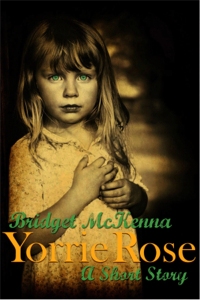
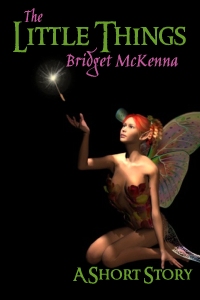
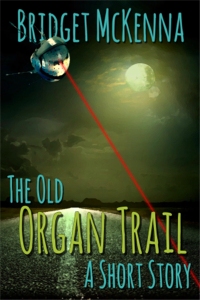

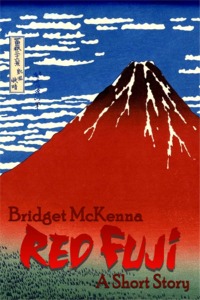
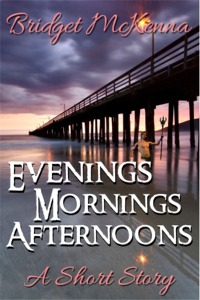
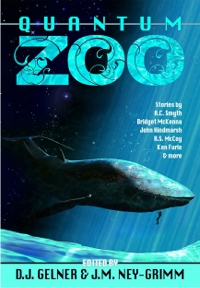


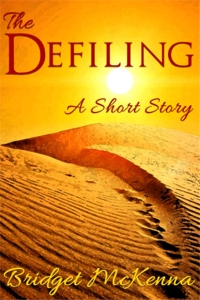

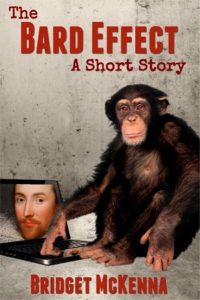
 RSS Feed
RSS Feed

